Essays & Interviews
The Marcos Makeover: Revising History and Rebranding Martial Law in the Philippines
51 years on from the declaration of martial law by the Ferdinand Marcos Sr. dictatorship in the Philippines on 21st September 1972, Sonia Remontada reflects on the continuities between the dictatorship and the present-day rule of Marcos’ son, Ferdinand ‘Bongbong’ Marcos Jr.
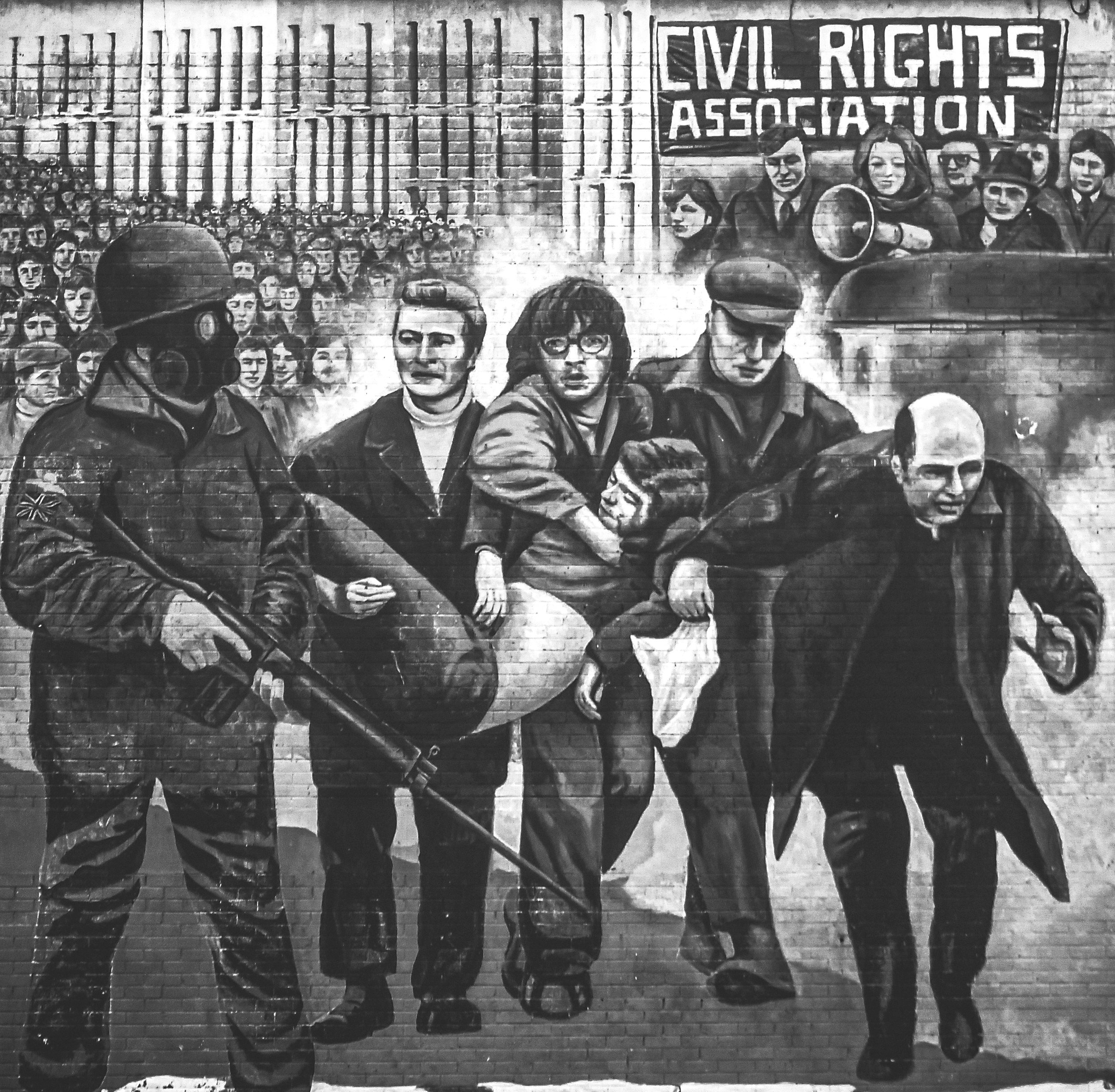
‘The situation in the North of Ireland remains a colonial one’: An interview with Odrán de Bhaldraithe
Ahead of its publication on the 22nd of June, Louis Allday spoke to Odrán de Bhaldraithe about Neglect in the North of Ireland, a book that details the manifest neglect in the North’s economy, its politics, housing, and healthcare, the root of which is clear: British rule.
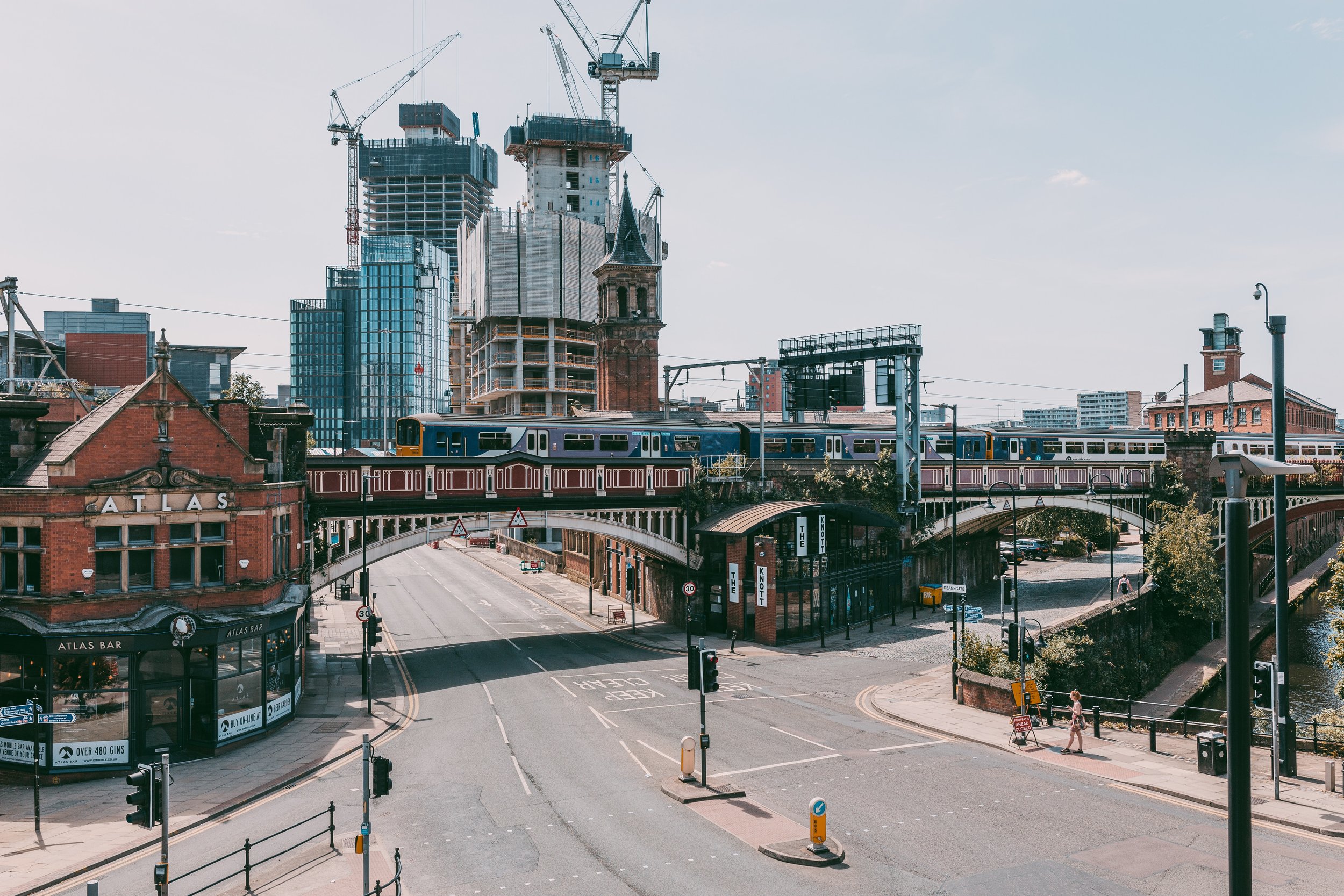
The Imperialist Roots of the Manchester Model
In this response to Isaac Rose’s Tribune piece, Ignatz Maria critically assesses the deficiencies of the popular ‘financialisation’ framework as an explanation for the urban crisis in Manchester and for the contradictions of the so-called Manchester model. Maria highlights how an over-emphasis on the role of foreign capital in urban development obscures the role of Manchester as a key node in British capitalism and in turn serves to legitimise the chauvinism used by the local council to mask their own complicity in the crisis.
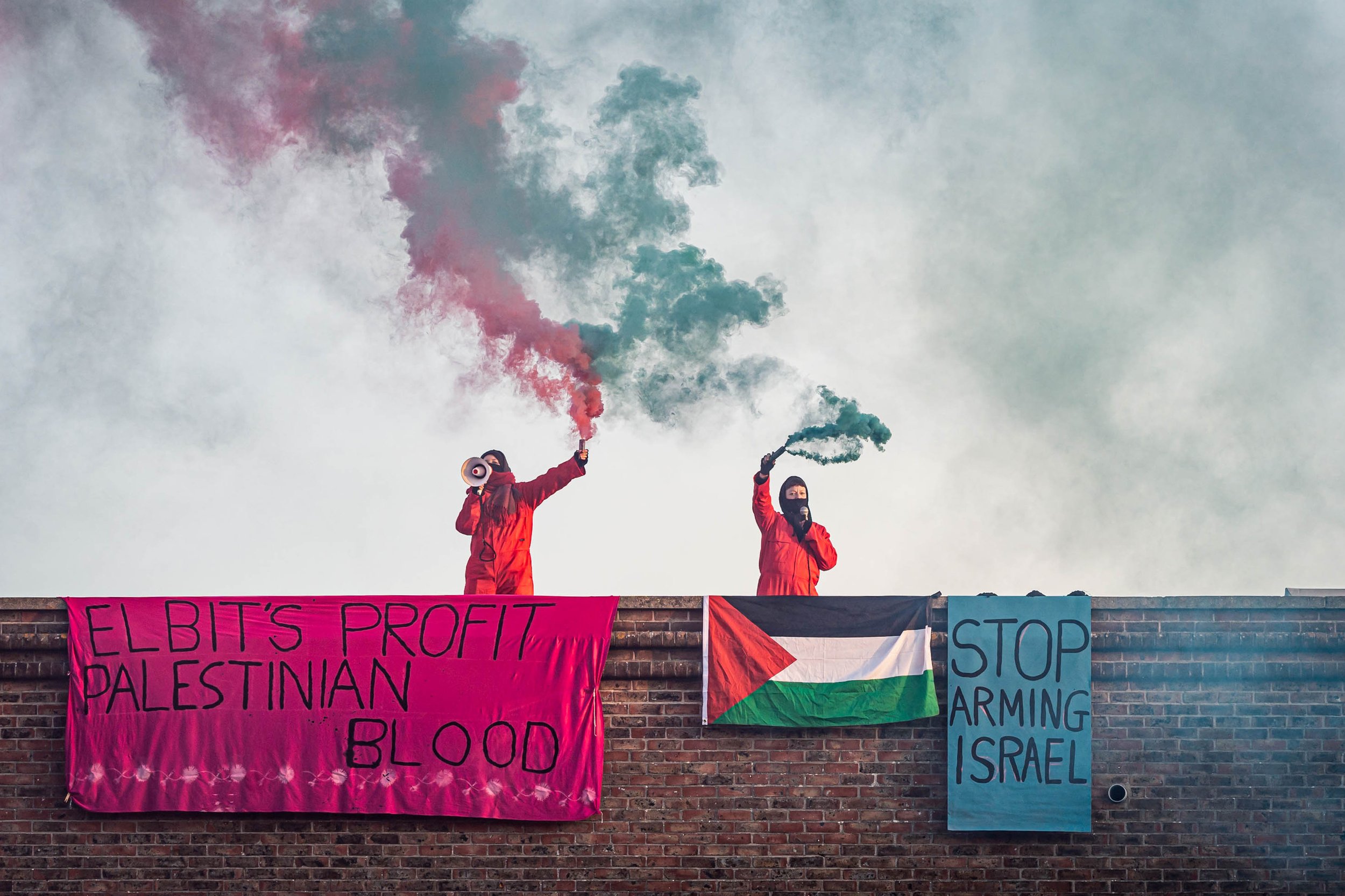
Unravelling the Paper Tiger: Palestine Action’s Siege
From May 1st, Palestine Action will lay siege to Leicester’s Israeli arms factory. In this essay, they detail their tactics in combatting the broader supply chain in Britain to limit the destruction and death wrought in Palestine – calling for the mobilisation of the British left to achieve this goal.

Imperialism of Our Time
Aijaz Ahmad grounds the 2003 invasion of Iraq in its historical conjuncture, inaugurating a new phase of imperialism following the inter-imperialist rivalries of the early 20th century and the ‘inter-systemic rivalry’ between the US and the Soviet Union, with the Bush government presiding over a ‘moment when history’s greatest concentration of force can be exercised without any restraint.’

Red Fightback’s Final Crisis
Red Fightback was a communist and anti-imperialist organisation that aimed to take oppression seriously, adopting an intersectional approach that sought to address patriarchy, racism, and ableism, in contrast to much of the left in Britain. But the project has come to a sudden end, leaving both its membership and onlookers confused about contradictions within the party and its seeming failure to combat oppression within its ranks.

COP27 and Imperialism: Weaving a Crown of Thorns for the Global South
While COP27 has been defined by greater inclusion of voices from the Global South, developed countries were vocal in their opposition to fund disaster relief efforts for developing countries – signalling the continuation of contempt towards popular anti-imperial movements and demands made from poor, working class peoples.

Against the Common Enemy: Godard’s Anti-Imperialist Cinema
Patrick Higgins recalls his encounters with the films of Jean-Luc Godard, who passed away last week at 91, charting Godard’s evolving politicization from his disillusionment with the Hollywood studio system that inspired his youth to his collaboration with the Palestine Liberation Organisation.

The Revolutionary Tradition of Kanafani's On Zionist Literature
Ghassan Kanafani’s political commentary was rooted in a broader revolutionary tradition of rebellion in the colonised world, which sought liberation through struggle for sovereignty and self-reliance. It is in this spirit that On Zionist Literature is not an appeal to the West’s collective conscience but is concerned with it only insofar as it facilitates colonial violence.

Paper Tories
All that the Tory candidates for the Leadership Election have to offer is more of the same – warmongering, escalating attacks on trans people, on migrant workers, escalating austerity and the cost-of-living crisis. Mao Zedong’s description of imperialism as a paper tiger remains strikingly pertinent.

Anti-Communism in Britain
Anti-communism has had a constant presence in Britain which has ebbed and flowed with perceived crises of the state and the capitalist economy. Evan Smith traces this history of anti-communism, exploring the episodes that have shaped British politics ahead of the Tory leadership battle and a Summer of strikes.
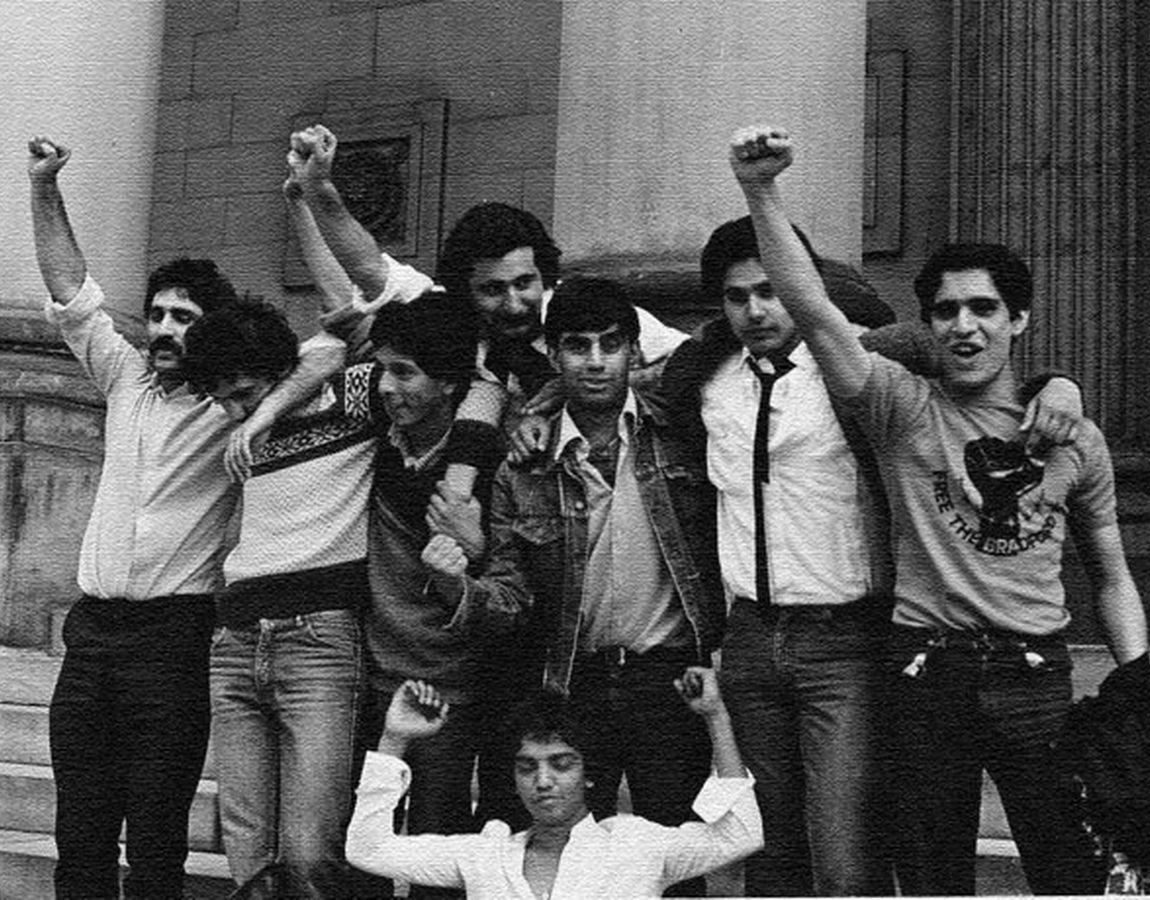
Forty years on from the Bradford 12
In this wide-ranging interview with Ebb Magazine to mark 40 years since the acquittal of the Bradford 12, Tariq Mehmood, co-founder of the United Black Youth League, discusses how Black Power in Britain presented an insurgent challenge both to state racism, and to the failings of the organised left on questions of race, immigration and imperialism.
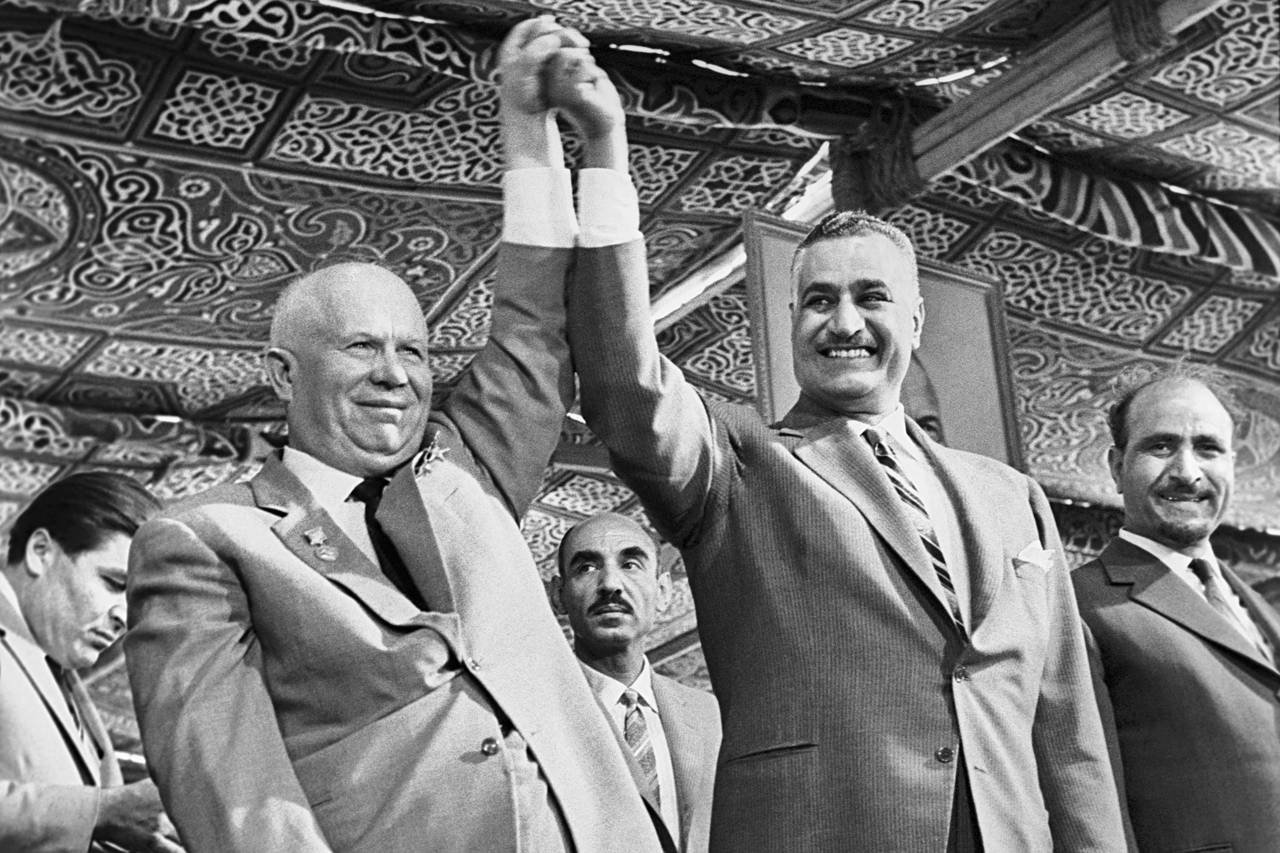
Multipolarity Then and Now: Reflections on the Non-Aligned Movement
The history of the Non-Aligned Movement and multipolarity are easy to describe as if it were simply a matter of international policy or diplomacy. But the newly emerging forces, social processes, upheavals, and mass mobilisations emerging against US hegemony in the past thirty years are not merely ‘geopolitics’; this is the real history of class struggle in the contemporary phase of global relations.
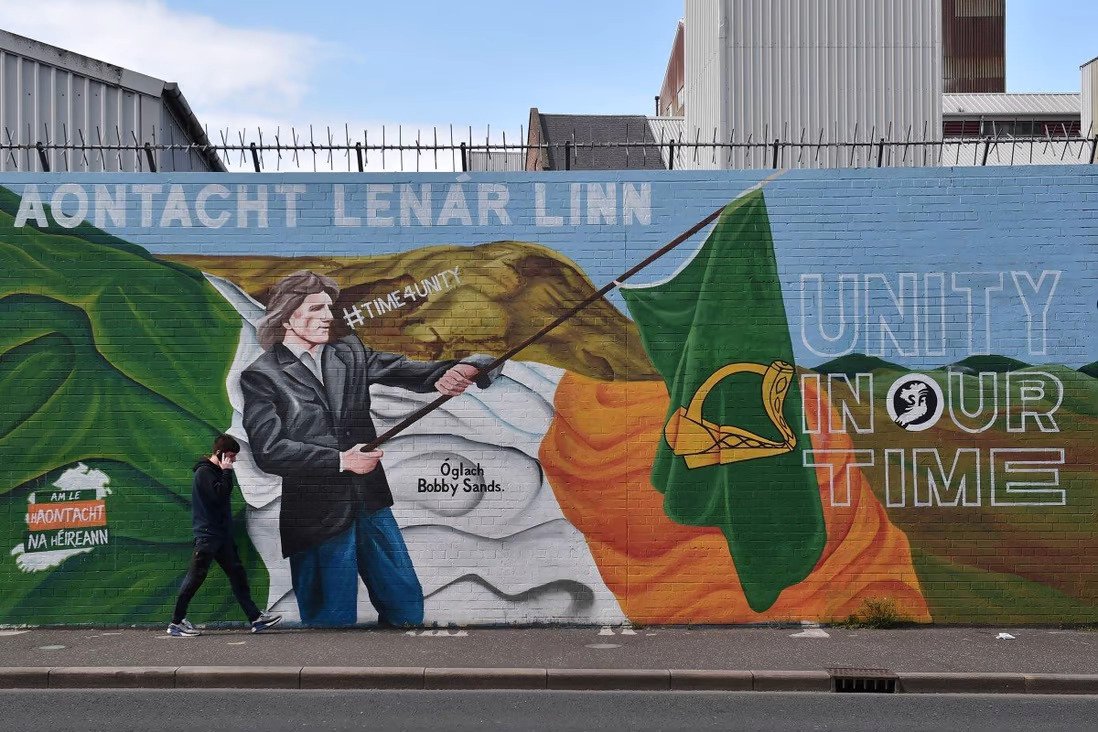
Time for real change? Sinn Féin and the recent Stormont election
Instead of celebrating the demise of the British institutions as a welcome step on the road to reunification, Sinn Féin find themselves pleading with their unionist partners in the administration of British rule in Ireland to return to Stormont. That the largest republican party is showing such commitment to the smooth functioning of the northern state should be worrying to anyone invested in reunification.

Starmer and Siege Social Democracy
Keir Starmer’s response to the cost-of-living crisis by doubling down on Labour’s appeals to 'law and order', attempting to outflank the Conservative Party from the right, demonstrates the relevance of Stuart Hall’s underutilised concept of social democracy 'adapted for siege conditions'.
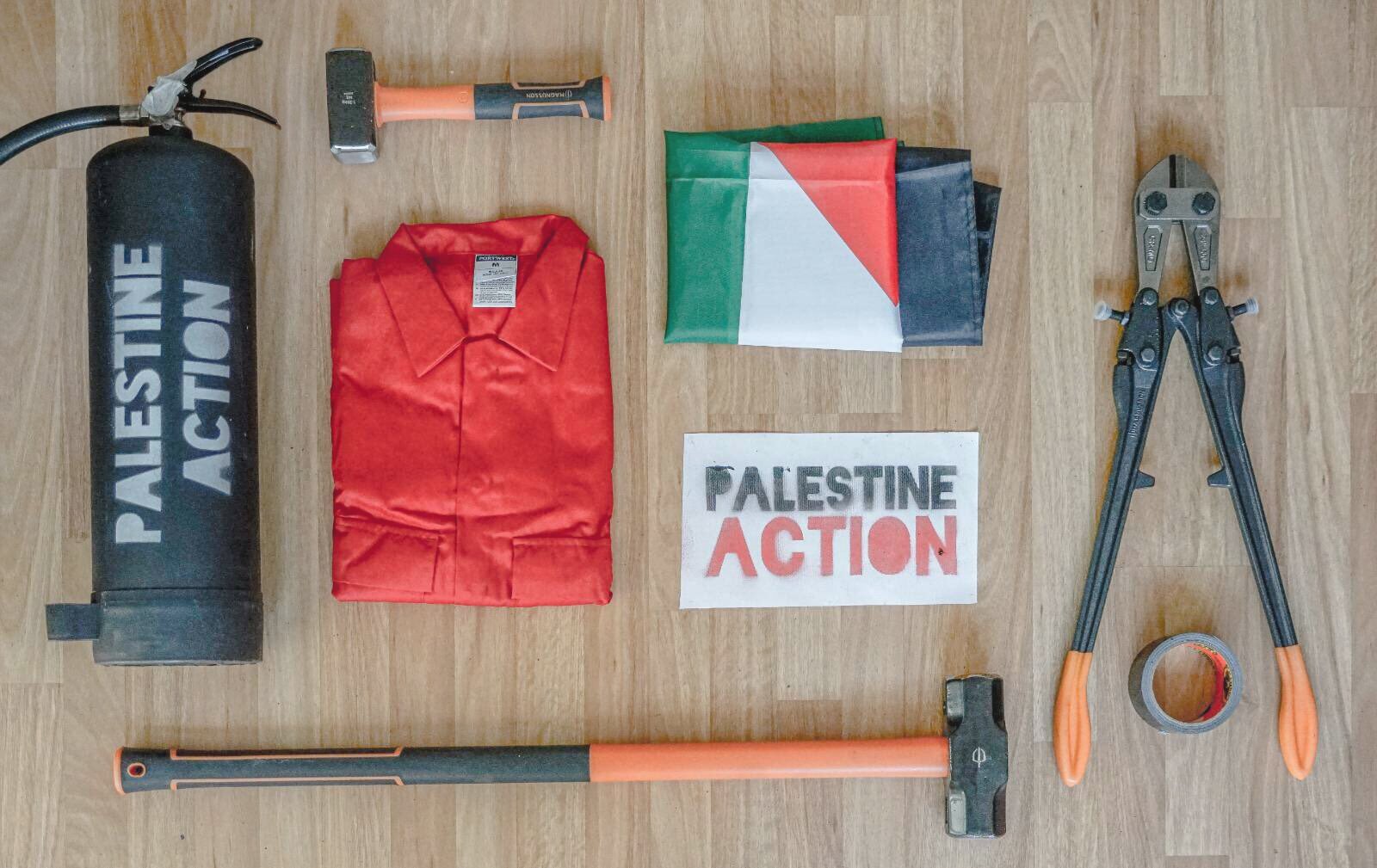
Palestine Action: Resisting Imperialism From Within
Palestine Action’s numerous successful occupations, blockades, and attacks carried out on Elbit infrastructure – causing over £15 million in losses, shutting down operations for 105 days and preventing the manufacture of arms – has shone a light on what successful resistance can look like in the imperialist core.

‘Worse than Hitler’: Nazi revisionism in the service of US foreign policy
In routinely comparing its geopolitical rivals to Hitler, the US is able to obscure the broader political context of the given crisis and whitewash its direct role in causing it – allowing the West to maintain the fiction that it uses its military power for justice.
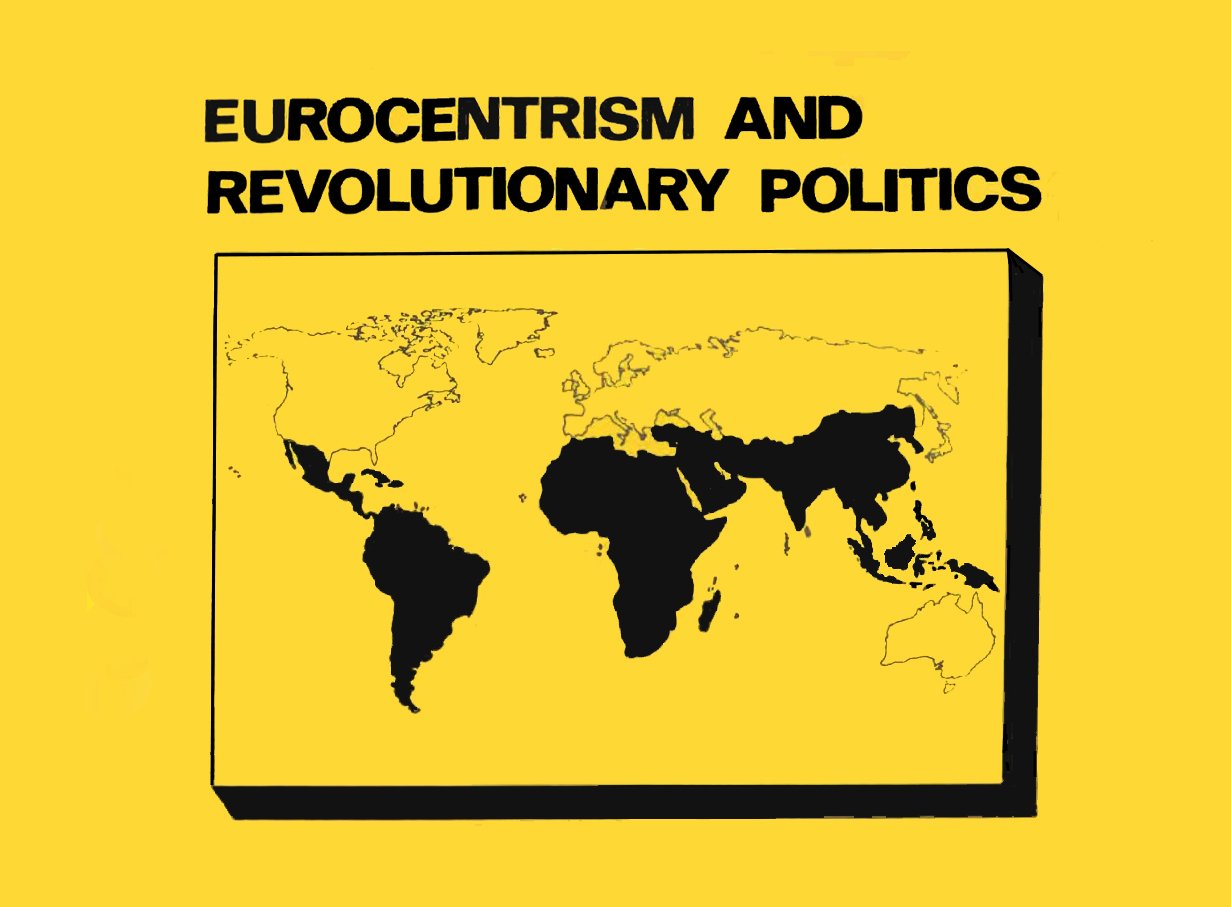
‘Imperialism runs deep’: Interview with Robert Biel on British Maoism and its afterlives
In this interview, Robert Biel recounts his experiences of the British Maoist movement in the 1980s, the positive lessons that can be drawn from it, and the need for Marxists to transcend Eurocentrism and connect with diverse struggles against oppression.
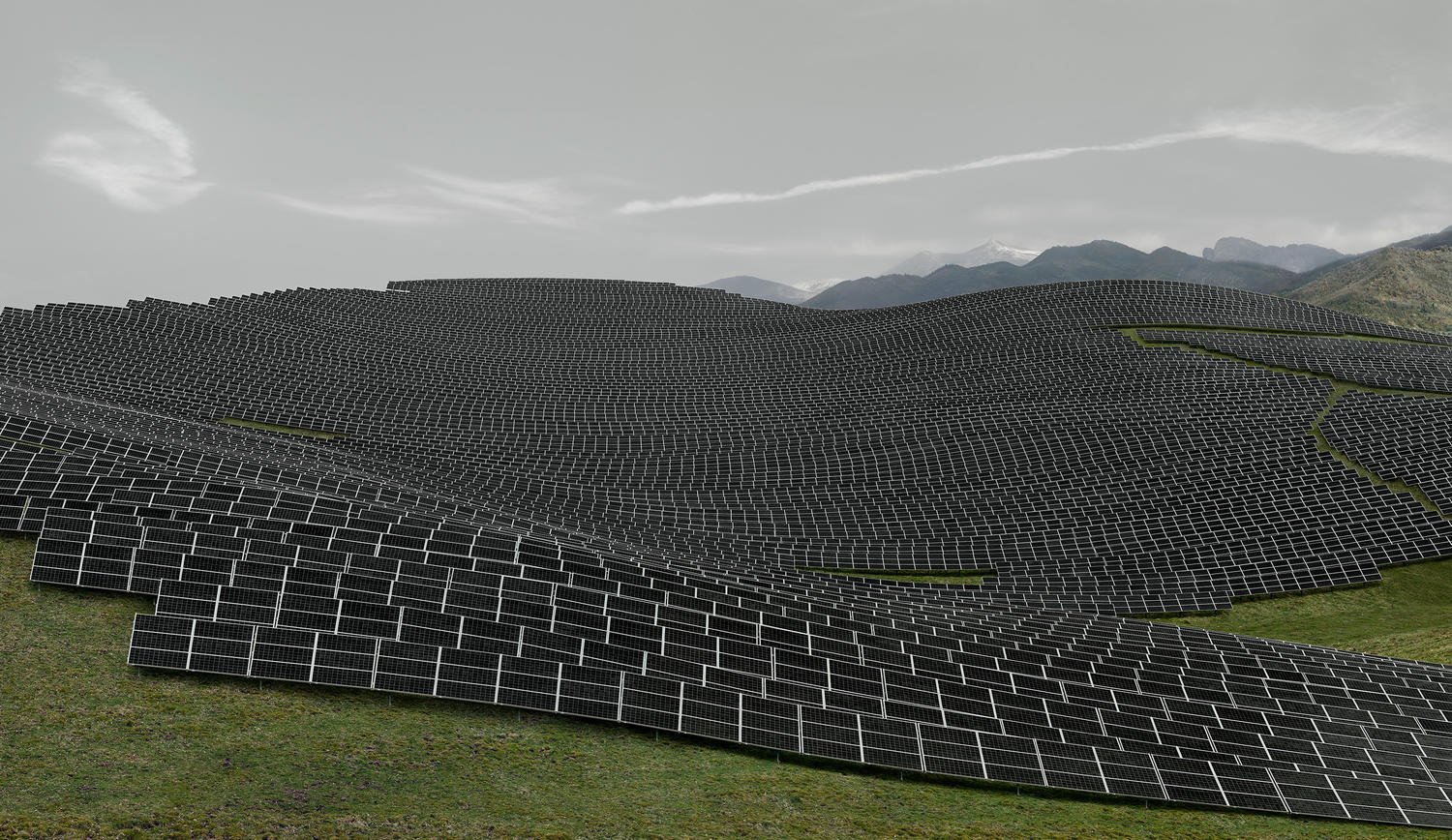
A People’s Green New Deal: An interview with Max Ajl
In this interview, Max Ajl offers his perspective on the issues of ecologically unequal exchange, the Palestinian national liberation struggle, China’s model of agrarian revolution, Andreas Malm’s ‘ecological Leninism’, and the prospects for North-South convergence around environmental justice.
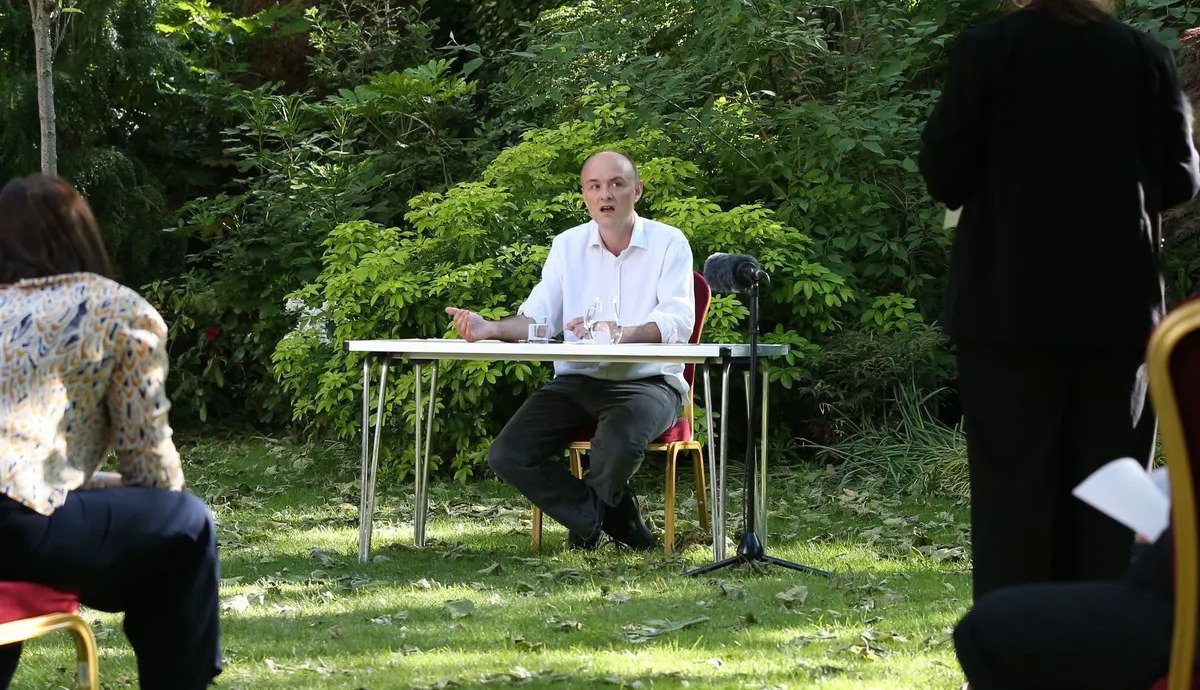
What We Already Knew About Britain's Covid Failures
Dominic Cummings spent hours in front MPs giving a seemingly devastating indictment of the government's response to Covid, detailing how they ignored scientific evidence, lied to the British public and actively endangered them. Yet we didn't need Cummings' testimony to know this; the government's failures have been clear from the start of this crisis.
